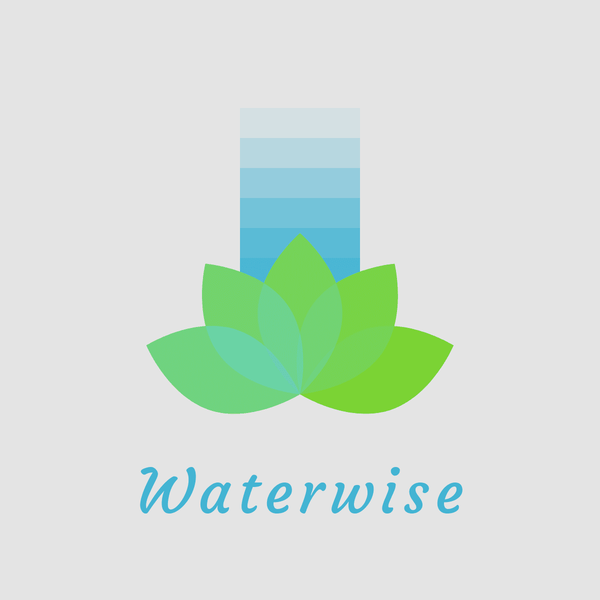In many parts of India, especially in areas where borewells are the primary source of water, the issue of hard water is a common concern for households. Hard water, characterized by high levels of minerals such as calcium and magnesium, can lead to a variety of problems, from scaling in pipes to decreased efficiency of water heaters. To combat this issue, mechanical softeners have emerged as a crucial solution for treating hard water and ensuring a reliable and sustainable water supply.
Understanding Hard Water:
Before delving into the importance of mechanical softeners, it's essential to grasp the challenges posed by hard water. Borewell water, commonly found in many regions of India, often contains elevated levels of minerals due to the geological composition of the ground. When this water is used for domestic purposes, the minerals can accumulate in pipes, appliances, and fixtures, causing scaling and reducing their lifespan.
The Role of Mechanical Softeners:
Mechanical softeners play a pivotal role in mitigating the adverse effects of hard water. Unlike chemical softeners, which add substances to the water for mineral removal, mechanical softeners operate through physical processes. These devices typically use ion exchange or magnetic fields to alter the structure of minerals in the water, preventing them from causing scaling issues.
Benefits of Mechanical Softeners:
-
Scale Prevention: Mechanical softeners effectively prevent the formation of scales in pipes and appliances. This not only ensures a consistent water flow but also prolongs the life of plumbing systems, water heaters, and other household appliances that come into contact with water.
-
Improved Efficiency: Appliances like water heaters, dishwashers, and washing machines operate more efficiently when supplied with softened water. The reduction in scaling allows these appliances to function optimally, leading to energy savings and lower maintenance costs.
-
Extended Appliance Lifespan: The prevention of scale buildup not only improves efficiency but also extends the lifespan of household appliances. This can result in significant cost savings for homeowners by reducing the frequency of repairs and replacements.
-
Better Lathering and Cleaning: Softened water creates a more effective lather with soaps and detergents, leading to improved cleaning performance. This is particularly beneficial for personal hygiene, dishwashing, and laundry, where the use of soft water can result in reduced soap usage and better cleaning results.
-
Environmental Impact: Mechanical softeners, by preventing the need for excessive amounts of detergent and reducing energy consumption, contribute to a more environmentally friendly household. This aligns with the growing awareness of sustainable living practices and responsible water usage. Explore Water First hardwater and chlorine softeners at www.mywaterwise.com for usage in bathrooms and kitchens.

